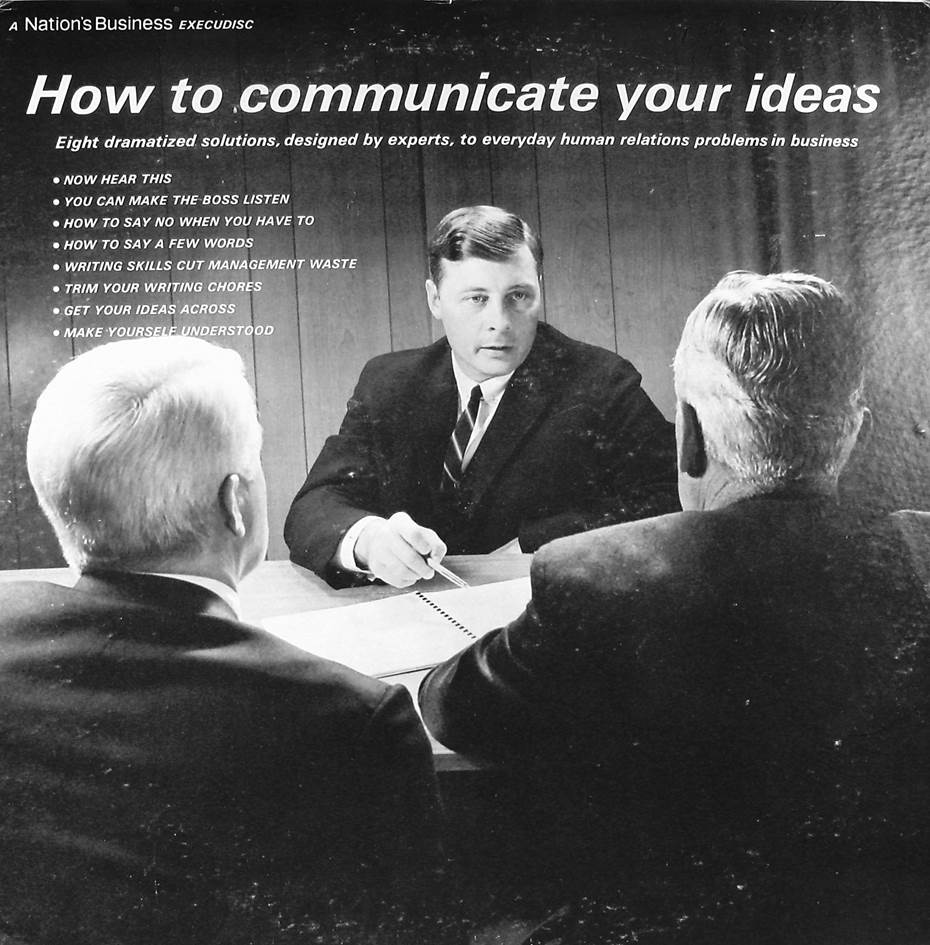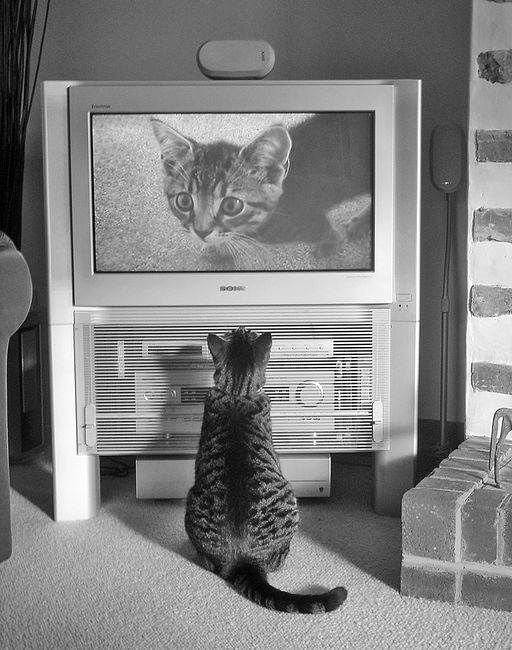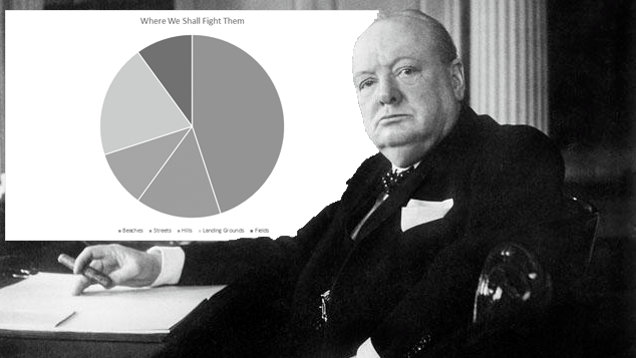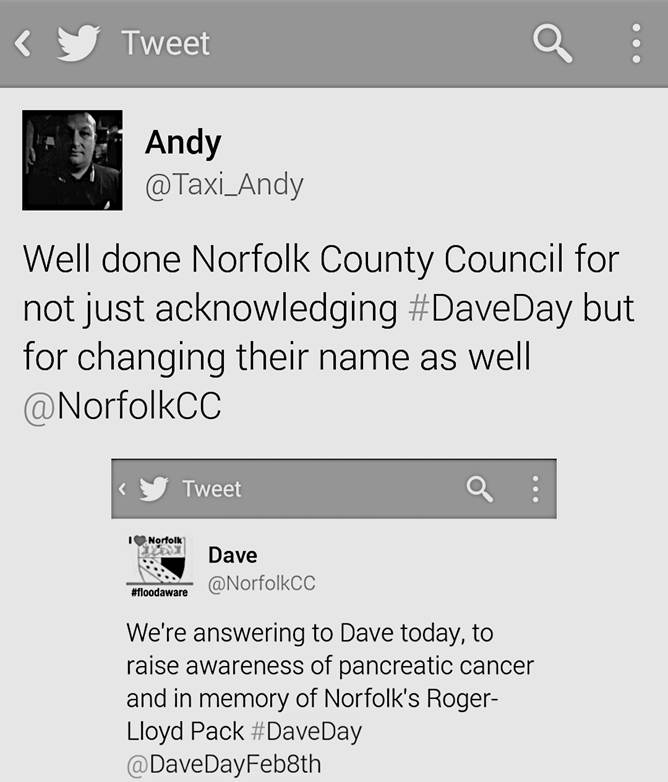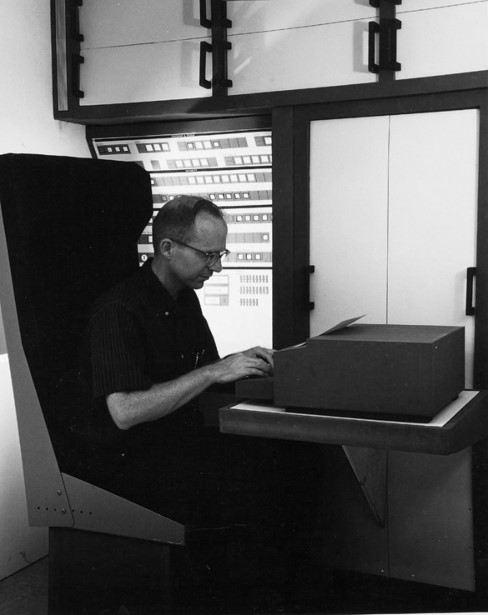 What are the priorities for UK communicators? The good people at GovDelivery have looked and the results are in.
What are the priorities for UK communicators? The good people at GovDelivery have looked and the results are in.
by Dave Worsell
As many of us are seeing, a public organisation’s ability to effectively engage with citizens and then motivate them to take action is playing an increasingly important role in achieving overall mission results.
Whether an organisation’s goal is to increase participation at community events, decrease the number of calls about bin pick-ups, or drive the public to use digital services, communication and citizen engagement is critical to achieving that goal.



